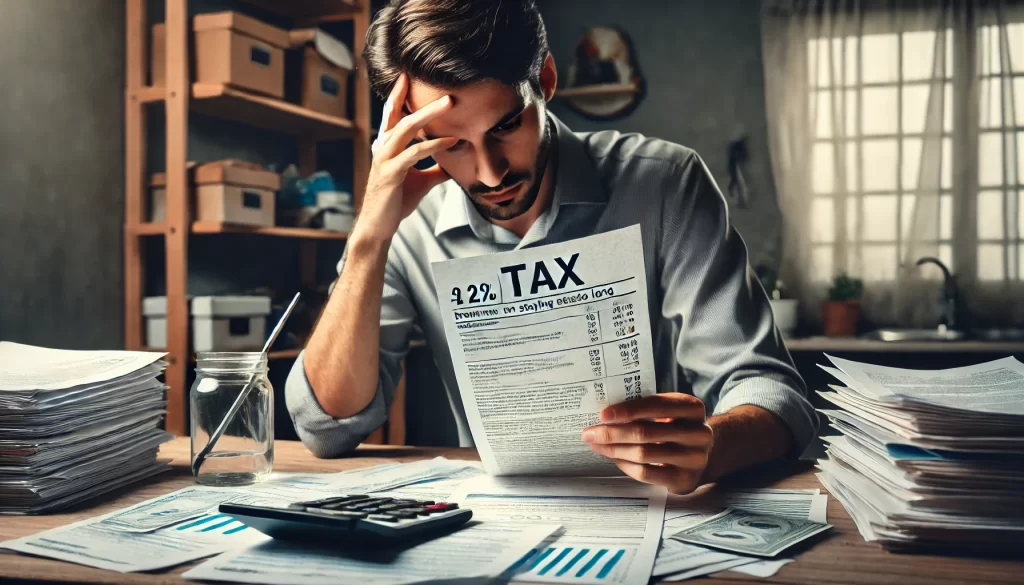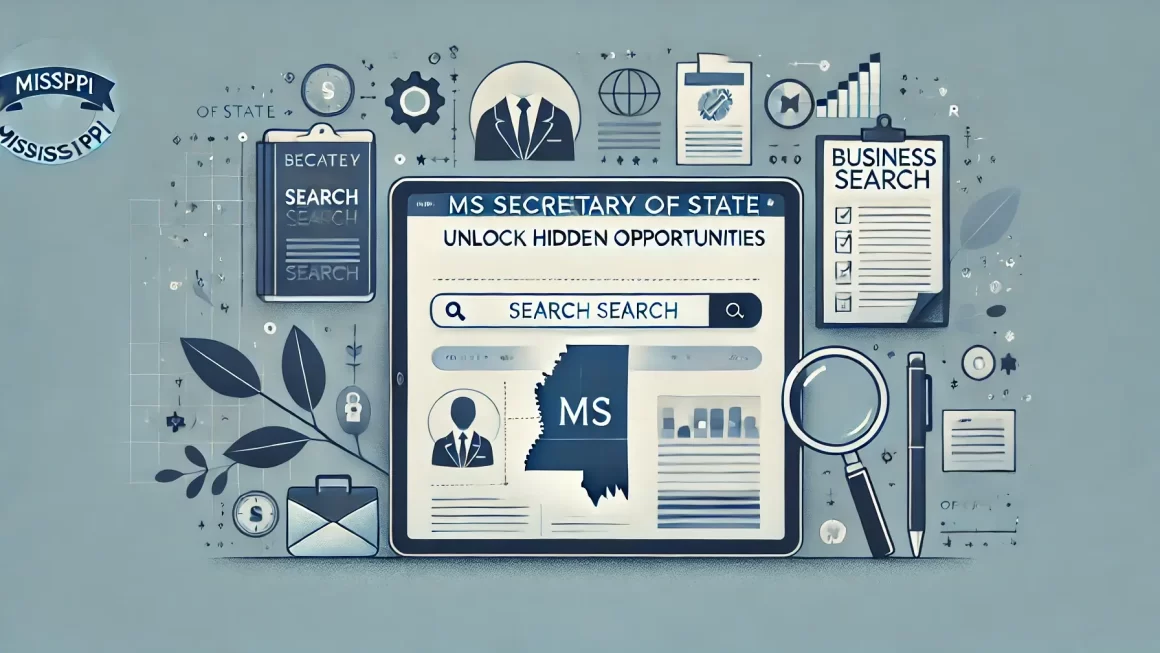Table of Contents
How long can you safely go exempt without being penalized? This question often crosses the minds of many trying to balance their finances. Going exempt can seem like a relief, but it’s essential to understand the rules and risks associated with it. This article will explore everything you need to know about going exempt, how long you can maintain this status, and what steps you should take to avoid penalties. Let’s dive in and uncover the details so you can make informed decisions.
What Does It Mean to Go Exempt?

No federal income taxes are being withheld from your paycheck when you go exempt. This can be appealing if you believe you won’t owe any taxes at the end of the year. However, it’s essential to understand how long can you safely go exempt without being penalized to avoid unexpected consequences.
Claiming exempt status is only advisable if you had no tax liability in the previous year and expect the same for the current year. You may face significant penalties later if you do not meet these criteria and still go exempt.
Who Should Consider Going Exempt?
Going exempt isn’t for everyone. It’s important to give your financial condition a serious assessment. You should only consider this option if you genuinely expect to owe zero federal income tax. This might apply to you if you’re a student or someone with a meager income and substantial deductions. However, before deciding, ask yourself: How long can you safely go exempt without being penalized?
If your situation changes during the year and you suddenly start earning more, staying exempt could lead to underpayment. This could result in penalties, so it’s essential to assess your status regularly.
How Long Can You Safely Go Exempt?
So, how long can you safely go exempt without being penalized? Generally, you can only claim exempt status for one tax year. You must file a new W-4 form each year to continue this status. But here’s the catch: staying exempt for too long can lead to underpaying taxes, which means the IRS might penalize you.
The IRS expects individuals to withhold taxes accurately throughout the year. If you underpay, even if unintentionally, you could face penalties. Understanding how long can you safely go exempt without being penalized is crucial for avoiding these pitfalls.
Risks of Staying Exempt Too Long
The risks of staying exempt too long are significant. If you owe taxes at the end of the year, the IRS may impose penalties for underpayment. These penalties can accumulate, especially if the amount owed is substantial. Additionally, if you continue to claim exempt status without qualifying, you might face even harsher penalties.
Knowing how long you can safely go exempt without being penalized helps you avoid these risks. It’s better to err on caution and adjust your withholding if circumstances change.
How to Determine If You Should Go Exempt
Deciding whether to go exempt requires careful planning. Ask yourself, how long can you safely go exempt without being penalized? Consider your income, deductions, and credits. Using the IRS’s withholding calculator can be a helpful tool. If you’re still unsure, consulting a tax professional can provide clarity.
The key is to stay informed about your financial situation. If your income changes or if you expect a significant tax bill, it’s time to revisit your exempt status. This proactive approach ensures you don’t face unexpected penalties.
Steps to Take If You’ve Claimed Exempt Status
If you’ve already claimed exempt status, it’s essential to manage it carefully. Here’s what you should do:
- Regularly Review Your W-4 Form: Make sure your W-4 form reflects your current financial situation. If your circumstances change, update your form promptly.
- Set Aside Funds for Potential Taxes: Even if you’re exempt, consider setting aside money if you owe taxes. This can prevent financial stress if you receive a tax bill.
- Consult a Tax Professional: If you’re unsure how long you can safely go exempt without being penalized, a tax professional can offer personalized advice. They can help you avoid penalties and ensure you comply with tax laws.
Also Read: MS Secretary of State Business Search: Unlock Hidden Opportunities
Correcting Your Withholding Status
If you realize that staying exempt is no longer safe, you must immediately correct your withholding status. You can do this by submitting a new W-4 form to your employer. Adjusting your withholding now can help reduce the taxes you owe at the end of the year and minimize any potential penalties.
Correcting your withholding status is critical to knowing how long can you safely go exempt without being penalized. It ensures that you stay within legal boundaries and avoid unnecessary financial stress.
Understanding how long can you safely go exempt without being penalized is crucial for your financial health. While going exempt might provide short-term relief, it carries risks that shouldn’t be overlooked. By regularly assessing your financial situation, adjusting your withholding as needed, and consulting with professionals, you can make informed decisions. This approach helps you manage how long can you safely go exempt without being penalized and safeguards you from potential penalties.
The critical takeaway is to stay proactive and cautious. By doing so, you can safely navigate the complexities of tax withholding and keep your finances in good shape.




